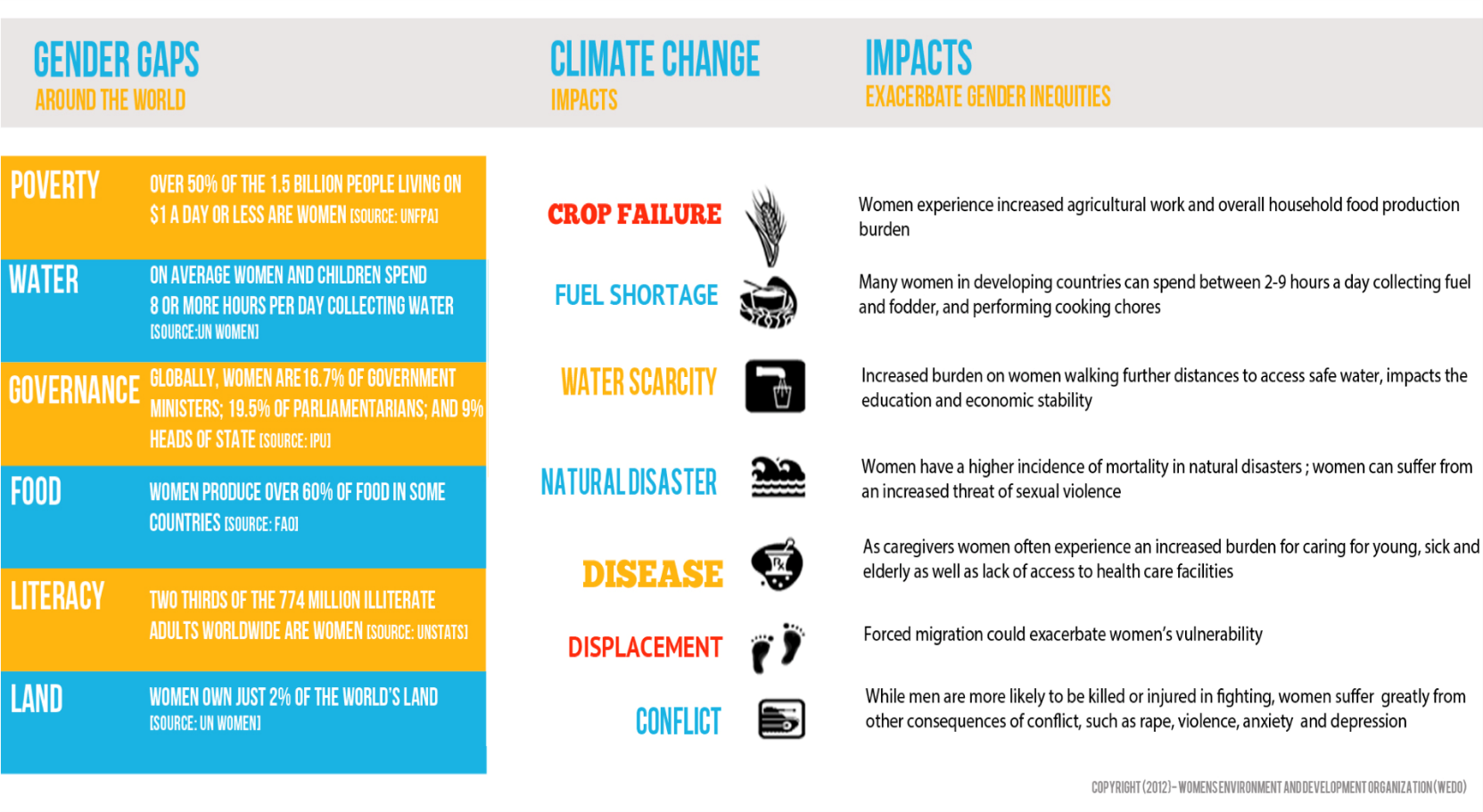OVERVIEW
One of the most urgent issues of our time, climate change has widespread implications—from the exacerbation of poverty, to the breakdown of infrastructure, to the loss of environmental, political, economic and social security. Experts agree that climate change threatens to set back development efforts by decades, placing least developed countries and already-vulnerable populations in an even more precarious position.
The latest Intergovernmental Panel on Climate Change (IPCC) Sixth Assessment Report (AR6), signed off by all countries, concludes that human activities have unequivocally caused global warming, and that emissions fueled by our reliance on fossil fuels are wreaking havoc on the planet.
As a global community, we all have a role in developing and implementing solutions toward significant transformation in our development patterns. It requires not only a shift in awareness and accountability for our own individual choices but also social, political and economic shifts towards enabling conditions for these sustainable choices to be made—and in turn, towards a more just, equal and healthy planet.
GENDER & CLIMATE CHANGE
The impact of climate change is already causing widespread socio-economic and environmental loss and human suffering around the globe. Climate change erodes human freedoms and limits choice. However, the impacts of climate change are not felt equally. Without measures to address the injustice of climate change, those with the fewest resources, countries and individuals alike, will be most susceptible to its negative effects; and those in positions of wealth and power will be the first to benefit from transitions in the economy towards a low carbon society. When we view climate change impacts and solutions through an intersectional lens, we see a wide diversity of experiences due to age, ethnicity, class, and—in particular—gender.
Gender is a social construct. While not immutable nor universal, gender shapes expectations, attributes, roles, capacities and rights of women and men around the world. Climate change affects everyone, but women and men experience the impacts differently, and women are often disproportionately and negatively affected. Women, compared to men, often have limited access to resources, more restricted rights, limited mobility, and a muted voice in shaping decisions and influencing policy. At the same time, gender roles generally ascribed to women such as informal, reproductive work often relate to caregiving for households and communities, caretaking of seeds and soils, maintaining traditional agricultural knowledge, and responsibility for natural resource management such as firewood and water, and thus these roles create opportunity for engagement as women bring diverse and critical solutions to climate change challenges.

VISION FOR CHANGE:
- A global goal and pathway to ‘save our beautiful planet’, and keep warming under 1.5 degrees.
- A commitment to an urgent transition away from fossil fuel based economy, phasing in 100% safe, appropriate, renewable energy immediately in developed countries and across corporate industry, including providing adequate means of implementation to support just transitions in developing countries.
- Adequate, new and additional climate finance for developing countries, from public funds, in the form of grants.
- Full respect for gender equality, human rights, and the rights of Indigenous Peoples in all climate action, and resourcing and scaling of gender just climate solutions.
- Immediate phase-out of harmful and risky technologies such as nuclear, fracking, geoengineering, large hydro dams, etc.
- Women’s equal participation and leadership in all aspects of decision-making.



